Basics of the Petroleum Industry


INSTRUCTOR: Hal Miller or Susan Howes, PE, PHR
DISCIPLINE: Multi-Disciplinary & Introductory
COURSE LENGTH: 1 Day (Classroom) / 2 Half-Day Sessions (Live Online)
CEUS: 0.8
AVAILABILITY: Public, In-House, & Live Online
WHO SHOULD ATTEND: Entry level geoscientists and engineers, as well as administrative assistants, clerks, lawyers, landmen, accountants, supervisors and managers. Also for participants coming to the oil industry from other backgrounds or industries.
COURSE DESCRIPTION: A MUST course for new hires in the industry as well as non-technical personnel and support staff. Basics of the Petroleum Industry covers a wide variety of topics such as the generation and trapping of hydrocarbons, the nature of geophysics, and basic petroleum engineering practices. The key skills, terminology and tools involved in each discipline are highlighted, and all concepts are thoroughly illustrated with current examples. The course is well suited for both entry level geoscientists and engineers, and for more experienced, non-technical disciplines such as lawyers, accountants, administrative assistants and managers needing a “Prospect-to-Market” industry overview. Participants receive a practical understanding of how they fit into the overall industry workflow and some tools to help explain the oil and gas business to our non-industry friends. The diversity of participants adds greatly to the classroom interaction.
LEARNING OUTCOMES:
- Understand how oil and gas are formed, trapped, discovered and developed.
- Become familiar with the disciplines and skills involved in finding and producing oil and gas.
- Recognize the basic tools, equipment and processes used in finding, developing, producing and refining oil and gas.
- Understand the industry language and terminology that you are likely to encounter in your job.
- Understand the overall industry workflow from the prospect to the gas pump, and how your work fits into the big picture.
COURSE CONTENT:
- Brief overview of the petroleum industry including global production, consumption and reserves.
- Petroleum geology including geologic age, plate tectonics, sedimentary basins hydrocarbon generation and migration, reservoir rock types and trapping mechanisms.
- Seismic data acquisition, processing, and interpretation.
- Exploration and development techniques and concepts.
- Drilling equipment and activities from rigs to drill bits, onshore and offshore.
- Well data acquisition (logs and cores) and integration to define reservoir parameters.
- Reservoir evaluation; including defining the limits and producibility of a reservoir.
- Basic risk concepts and economic evaluation.
- Field life cycle and production engineering systems, tools and concepts.
- Oil and gas transportation (midstream) and refining (downstream).
